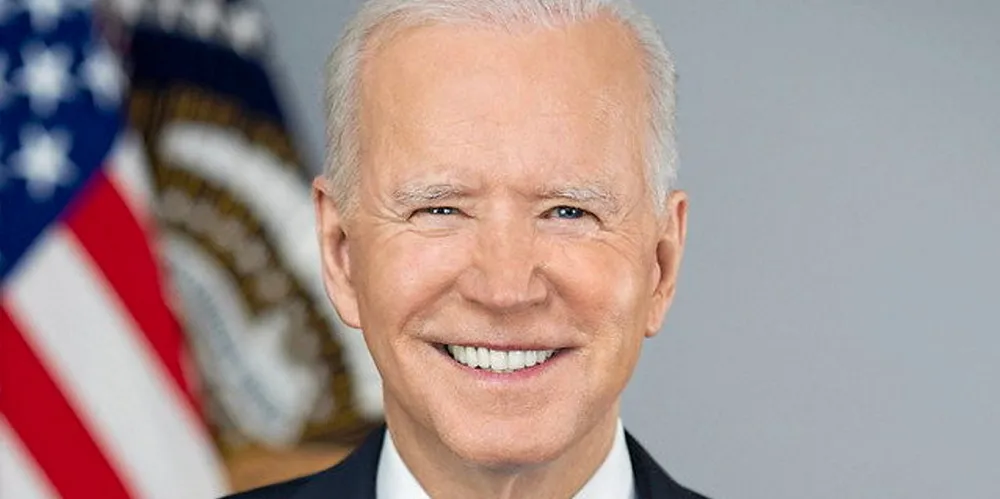'No. It's dead' | US climate bill holdout Manchin gives grim judgment of prospects
West Virginia senator spikes landmark legislation due to reservations about cost and scope of $2trn package, but appears to leave door ajar for smaller scaled-back version
